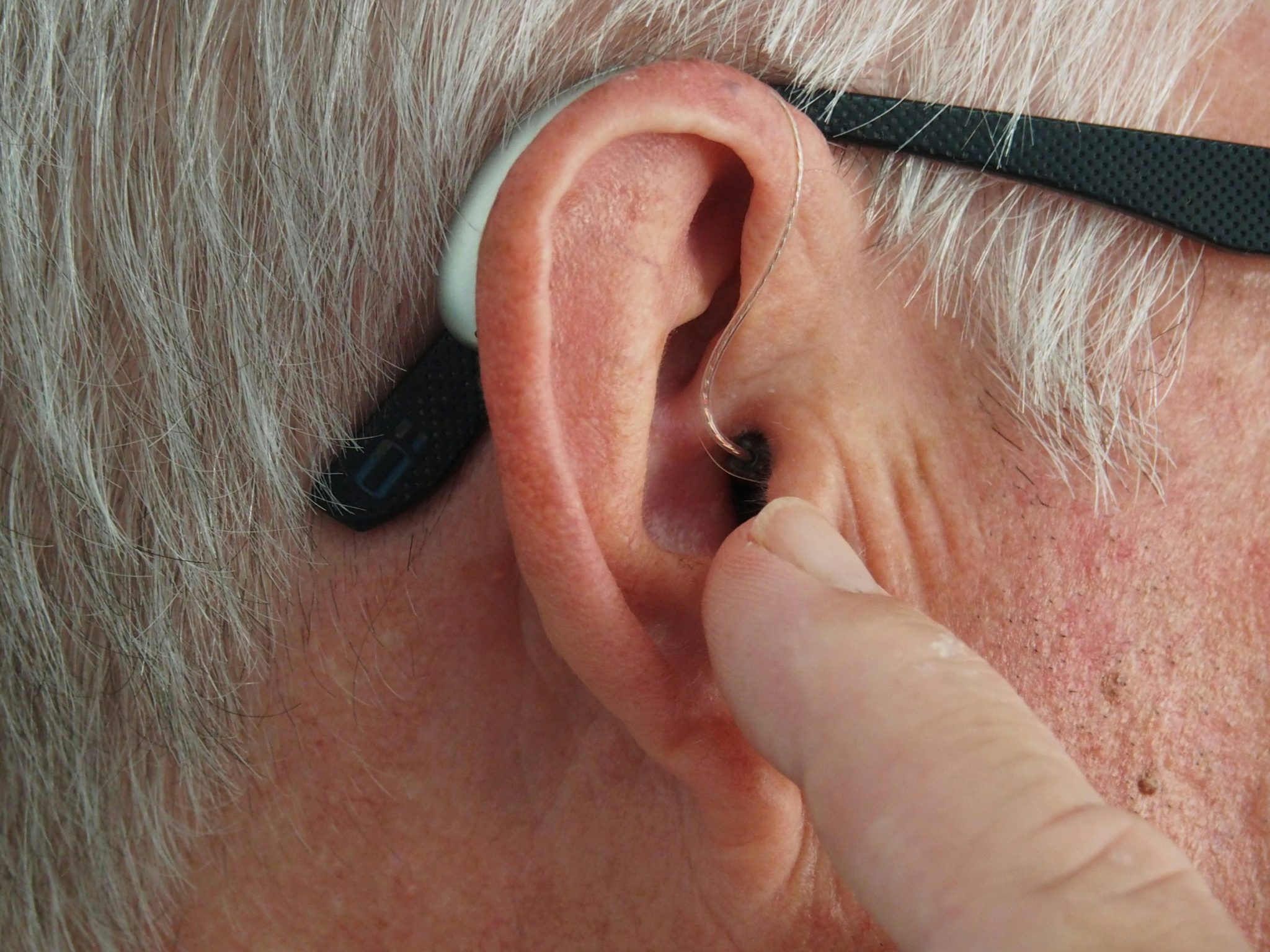When selecting the right hearing aids, one size does not fit all. With the wide variety of options available today, finding the perfect fit for your needs can be daunting. There are often a lot of expectations at stake, and no one wants to feel disappointed while trying hearing aids for themselves.

Due to this, it becomes incredibly important to buy hearing aids only after careful and thorough research. Additionally, do not shy away from testing these devices to ensure they are compatible with your lifestyle. At the end of the day, we all want devices that can help ensure we can get along with our lives without any second thoughts or worries.
Table of Contents
1. Degree of Hearing Loss:
The first and most crucial thing to consider is your degree of hearing loss. It is essential to clearly understand how much your hearing is compromised to select hearing aids that can adequately accommodate your needs. Different types of hearing loss require different solutions, and consulting with an audiologist is vital in determining the precise type and severity of your hearing loss. Without understanding the extent of hearing loss you are suffering, it can become challenging to find a device that can improve your quality of life.
2. Lifestyle Considerations:
Consider your lifestyle requirements when choosing hearing aids accordingly. If you work in noisy environments or frequently attend social gatherings, you may prioritize hearing aids with advanced noise reduction and speech enhancement capabilities. On the other hand, if you are an outdoor enthusiast or someone who engages in aquatic activities, it is important to choose hearing aids that are water-resistant or waterproof.
Furthermore, battery life can be crucial, especially for individuals who lead busy lives on the go. Opting for devices with long-lasting batteries or rechargeable options can provide greater convenience. Ensure that you are not overly compromising on the quality of the product you are purchasing.
3. Connectivity Options:
Modern technology has brought about significant advances in hearing aid connectivity, allowing wearers to connect their devices seamlessly with various electronic devices such as smartphones, televisions, and audio streaming accessories. When selecting hearing aids, consider whether you would benefit from Bluetooth connectivity or features like remote control functionality or direct audio streaming capabilities.
4. Style and Design:
Hearing aids come in various styles and designs, each offering different features and benefits. Behind-the-ear (BTE) models are discreet and comfortable, while in-the-ear (ITE) models offer ease of use due to their compact size. In-the-canal (ITC) models provide improved sound quality while maintaining a relatively subtle appearance. There are also completely-in-canal (CIC) options for those seeking the utmost discretion. Understanding the advantages and trade-offs associated with each style will help you choose a design that meets both your cosmetic preference and functional needs.
5. Budget and Financing:
Hearing aid prices vary widely depending on their features and technologies. Establishing a realistic budget before beginning your search is recommended. Take into account any insurance coverage you may have and potential financing options that could help make hearing aids more accessible to you.
Additionally, get quotes from different providers and compare prices without sacrificing quality. Remember that the lifetime cost of hearing aid ownership includes additional expenses such as maintenance, repairs, and regular audiology appointments.

Parting Words
Selecting the right hearing aids involves carefully considering various factors, including your degree of hearing loss, style preferences, connectivity options, lifestyle requirements, and budget constraints. These factors play a crucial role in ensuring you are buying a device that caters to your needs.
Additionally, by taking the time to evaluate each of these considerations before making a decision, you can ensure that you find high-quality hearing aids that not only enhance your overall quality of life but also provide effective solutions tailored specifically to your individual needs. Remember to consult with an audiologist who can guide you through the entire process and provide professional advice based on your unique circumstances.
- About the Author
- Latest Posts
Whether she is researching the latest trends in home decor, life-changing destination getaways, or the best way to maintain your finances, Dewey takes pride in leaving no stone unturned. She is passionate about distilling and delivering high-quality information that you can use to upgrade your life.

